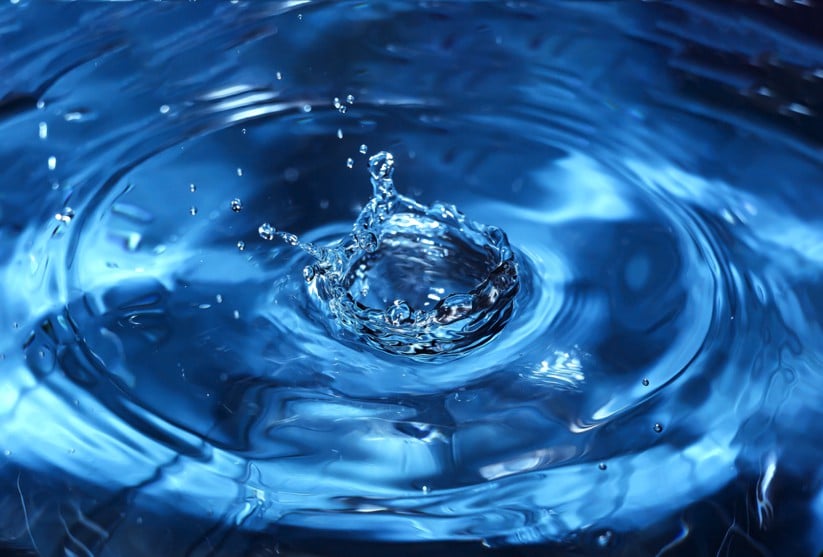
Manganese occurs naturally in groundwater. You can also find it in meat, fish, eggs, dairy, vegetables, grains, nuts and tea. Manganese causes the water to taste metallic. An excess of manganese can lead to serious central nervous system disorders. Canadian research has also shown that a higher concentration of manganese has a negative influence on the IQ of children.
Manganese is a gray-colored transition metal that occurs in ores in the Earth’s crust. It is the second most abundant metal in the earth’s crust after iron. Vast amounts of manganese can also be found at the bottom of oceans and at the bottom of some lakes. One stable isotope and 18 radioactive isotopes are known of manganese. Manganese dissolved in water is Mn+2. Manganese is in the periodic table with symbol Mn and atomic number 25.
Manganese is very common in nature and is therefore always found in groundwater. It is found in both organic and inorganic compounds. Manganese can be found in certain foods such as spinach, soy and eggs. In addition to naturally occurring in the environment, it is also used in industry.
For example, inorganic manganese is added to steel to make it more pliable, to strengthen and to make the steel more resistant to corrosion. Inorganic manganese is also found in batteries, magnets and ceramics. Organic manganese can be found in animal feed, pesticides, fertilizers and fungicides. Emissions and waste from industries using manganese can increase manganese in groundwater.
Sometimes you can notice there’s manganese in water. The water will come out of the tap a bit brownish colour or it will taste have a metallic taste. Water with a lot of manganese can also cause brown stains on your laundry. For many people, the taste difference alone between water with and without manganese is worth filtering the water. Have you been drinking water with manganese for a long time? Then habituation to the taste can occur. You no longer taste the metallic taste. You only notice the difference when you drink clean water.
People need a small amount of manganese for, among other things, the formation of bone tissue and for the metabolism of carbohydrates, cholesterol and amino acids. It is mainly stored in the liver, kidneys and muscles.
An excess intake of manganese becomes toxic, manganese poisoning can occur. Symptoms of this include:
Chronic manganese poisoning is a recognized occupational disease among welders: welding can release manganese dust that is inhaled by the welders. Furthermore, high concentrations of manganese in the body are linked to a lower IQ and an increased risk of diabetes. Children are especially sensitive to this. So it is recommended that young children and pregnant women drink water that doesn’t contain too much manganese.
Yes, ZeroWater filters 99% manganese from the tap water. The Premium 5-stage Ionization Changer Filtration System removes more impurities than the standard 2-stage filters. During the test, ZeroWater had 150 liters of filtered water (double the prescribed use) tested by an independently certified external laboratory. The test results are based on the NSF/ANSI test protocol of flow-through equipment for contaminants listed under the national primary drinking water standards.